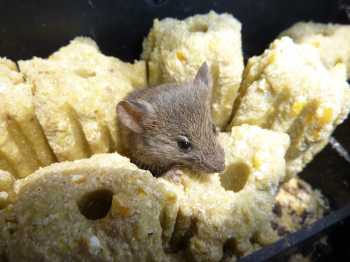David Williams (Department of Zoology, University of Cambridge, UK) and colleagues have produced a lengthy book, available on-line, that considers evidence of success or otherwise of interventions to conserve birds. A wide-ranging account, the 100-page section entitled "Threat: Invasive Alien and other Problematic Species" will be of interest those involved with and interested in the conservation of albatrosses and petrels at their breeding islands.
The book is described as the second in a series of synopses that will cover different species groups and habitats, gradually building into a comprehensive summary of evidence on the effects of conservation interventions for all biodiversity throughout the world. By making evidence accessible in this way, the editors hope to enable a change in the practice of conservation, so it can become more evidence‐based. They also aim to highlight where there are gaps in knowledge. The book brings together scientific evidence captured by the Conservation Evidence Project (over 3000 studies so far) on the effects of interventions to conserve biodiversity.
The Conservation Evidence Project also publishes an online, open-access journal Conservation Evidence that covers research on the effects of conservation management interventions. Papers about eradicating alien predators on seabird islands appear regularly so have a look.

The House Mouse: an overlooked seabird predator? Photograph by Lindsay Young
Reference:
Williams, D.R., Pople, R.G., Showler, D.A., Dicks, L.V., Child, M.F., zu Ermgassen, E.K.H.J. & Sutherland, W.J. 2012. Bird Conservation: Global Evidence for the Effects of Interventions. Exeter: Pelagic Publishing. 702 pp.
John Cooper, ACAP Information Officer, 23 May 2012

 English
English  Français
Français  Español
Español